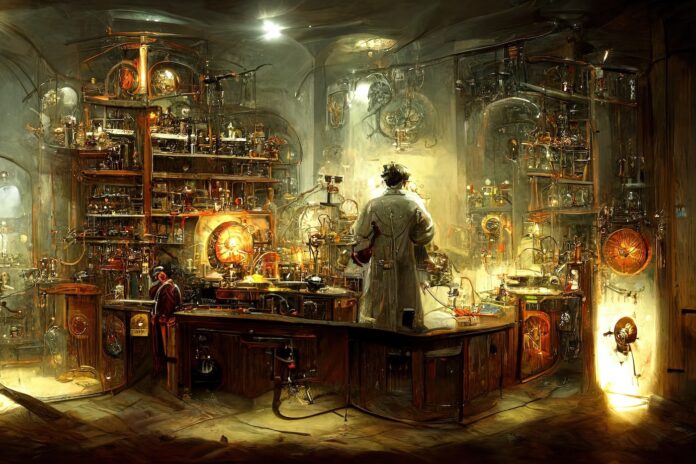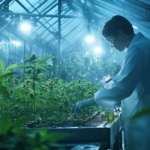History contains ample evidence of brilliant but disturbed individuals who worked hard to earn the label “mad scientist.” Deranged sadists like the notorious Nazi Josef Mengele and “father of biological warfare” Shiro Ishii immediately come to mind, but unhinged geniuses also deserve the dubious honor. Among them are Robert J. White, who transplanted dogs’ and monkeys’ heads onto other dogs and monkeys, Ilya Ivanovich Ivanov, who perfected artificial insemination and then attempted to use the technique to create human-ape hybrids, Johann Conrad Dippel, who robbed graves in pursuit of proving he could transplant souls, and spymaster Sidney Gottlieb, who pioneered assassination technology and ran the Central Intelligence Agency’s illegal Project MKUltra mind-control experiments.
Even the good guys of science are not without quirks. Paracelsus, the “father of toxicology,” believed he could create miniature humans called homunculi from the bodily fluids of living people. Sir Isaac Newton was obsessed with alchemy and predicting the apocalypse. Astronomer Tycho Brahe wore a copper prosthetic nose as the result of a mathematical disagreement that escalated into a swordfight. Leonardo da Vinci recorded many of his ideas in mirror-image cursive, and Nikola Tesla designed particle-ray guns and claimed to have been in contact with extraterrestrials. Albert Einstein, who actually looked like a mad scientist, considered both hair-brushing and socks a waste of resources.
By comparison, the scientists working in and around cannabis seem relatively tame, though some are quite brilliant and almost all are as willing as any of the “mad” contingent to buck the status quo. The industry desperately needs unconventional minds to break through the scientific logjam that for too long has kept a beneficial plant mired in a particularly vexing Catch-22 paradox: illegal partially due to lack of research, and barred from research because the plant is illegal.
Even bad science and scientists contribute to our collective knowledge of life, the universe, and everything. (Admittedly, in some cases they serve primarily as a warning that some questions—like whether species can crossbred, heads can be transplanted, and a Manchurian Candidate could be created—are best left unanswered.) Right now, almost any cannabis research would be good science—not only for the industry as it strives for legitimacy, but also for humankind’s understanding of a misunderstood plant and its potential for healing our bodies and our planet.











